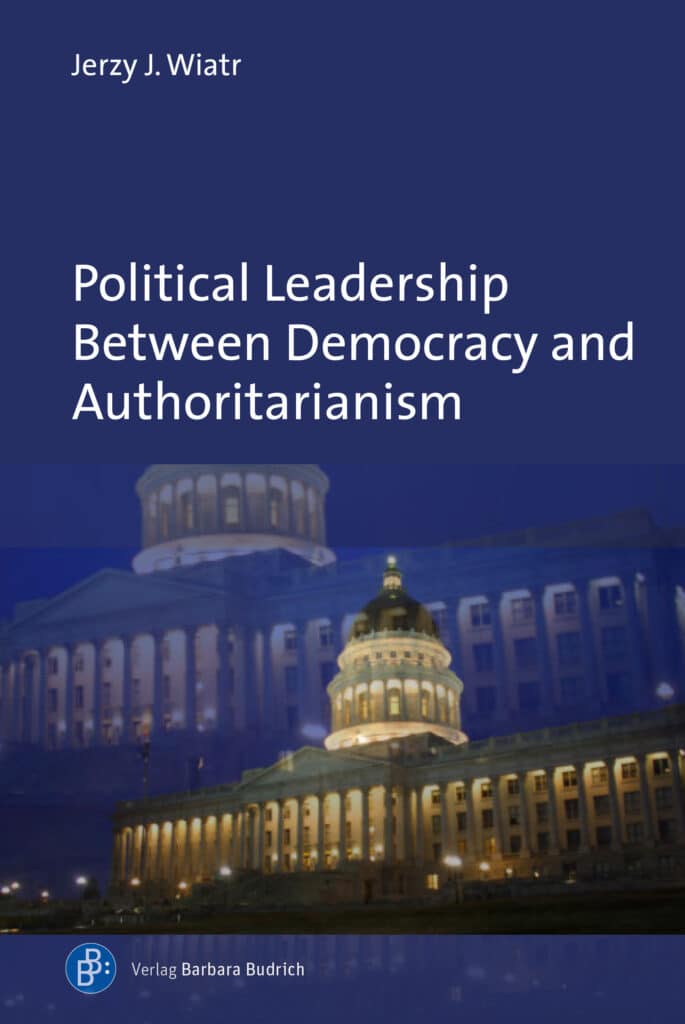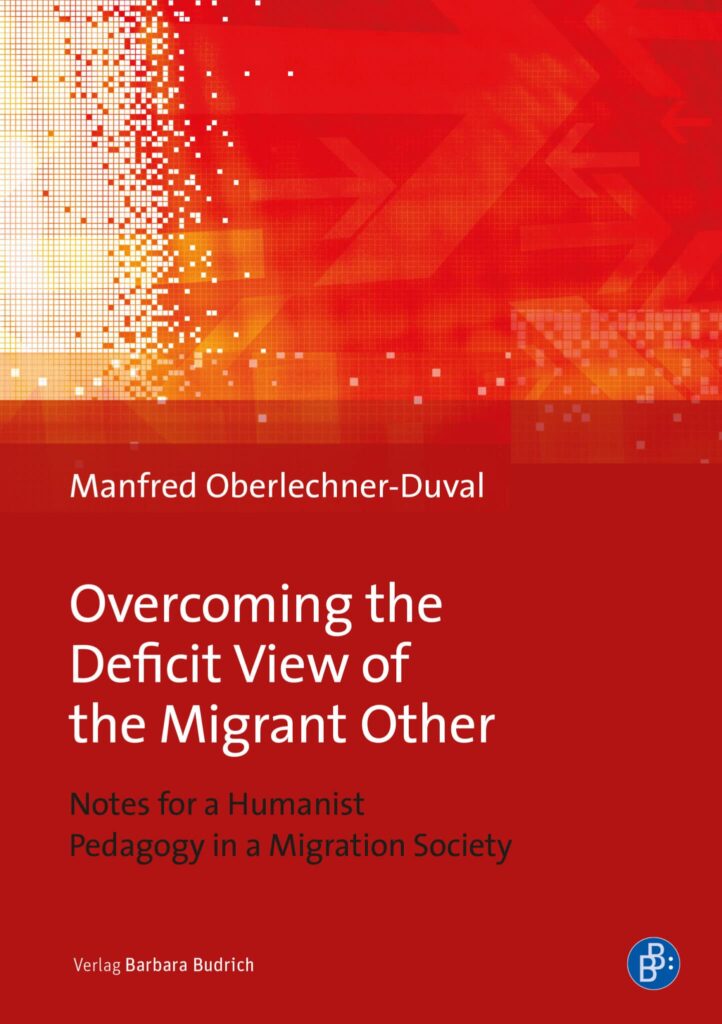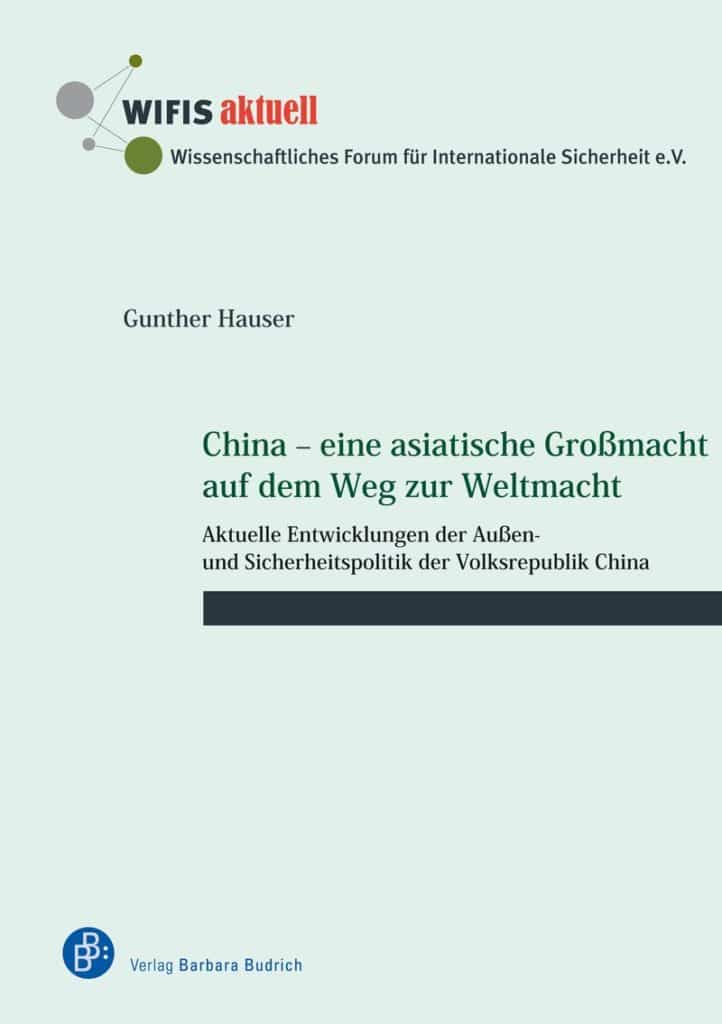Informationen zum Buch
Home » Publications » Open Borders, Open Society? Immigration and Social Integration in Japan
Open Borders, Open Society? Immigration and Social Integration in Japan
Erscheinungsdatum : 16.05.2022
55,99 € - 69,90 €
Beschreibung
Is Japan prepared for an ethnically-diverse society? The volume examines the past and future trajectory of Japan’s immigration and integration policies and related institutions, taking a cross-disciplinary approach in social sciences. The authors highlight critical issues and challenges that the nation is facing as a result of the government’s inarticulate migrant-acceptance policy, e.g. in the fields of deportation, refugee policy, multicultural education and disaster protection. How can the situation be improved? The book investigates the changes and initiatives needed to build a resilient policy regime for a liberal, pluralistic, and inclusive Japan.
Japan, a long-time immigration laggard, is opening its gate to foreign workers, both skilled and less-skilled, to address its chronic labor shortage through legal and policy changes. Both government and society are awkwardly exploring “multicultural coexistence”—the harmony of Japanese nationals and others of foreign origin. Immigrant integration processes are raising manifold concerns, revealing challenges in terms of labor, welfare, education, culture, and human rights. Yet, the government has downplayed the nation’s increasingly multicultural reality while support institutions remain ineffective. Japan’s approach, heavily dependent on grassroots initiatives and goodwill, is clearly unsustainable.
This co-authored volume examines the evolution of Japan’s immigration and integration policies and their social outcomes from cross-disciplinary and multi-level perspectives. Researchers from the social sciences and humanities address crucial local and national issues that emerge from the matrix of “immigration and integration” such as refugee policies, deportation, multicultural education, disaster protection, and local activism.
Table of contents + reading sample
The editor:
Toake Endoh, Ph.D. is professor of political science at Josai International University, Japan.
Download for free: publicity leaflet (PDF)
The target group:
Lecturers and researchers of social sciences
Zusätzliche Informationen
| Publisher | |
|---|---|
| ISBN | 978-3-8474-2547-2 |
| eISBN | 978-3-8474-1694-4 |
| Format | 14,8 x 21 cm |
| Scope | 210 |
| Year of publication | 2022 |
| Date of publication | 16.05.2022 |
| Edition | 1. |
| Language | Englisch |
Autor*innen
Keywordsdeportation, disaster management, foreign language education, immigration policy, Integration, Japan, multiculturalism, refugees, tourism, urban development
Pressestimmen/ Rezensionen
“Although Japan acceded to the UN Refugee Convention in 1981, in practice, the country remains almost completely closed to refugees and asylum seekers. Some local governments and NGOs try to assist and integrate immigrants, but public opinion and politicians remain committed to the notion of an ethnically homogeneous country, and even long-term foreign residents are denied access to language training and social services. The contributors to this revelatory volume condemn the country’s failure to come to grips with the fact that Japan is becoming a multiethnic society—whether it likes it or not.”
www.foreignaffairs.com, 01/02 2023
Beschreibung
Beschreibung
Is Japan prepared for an ethnically-diverse society? The volume examines the past and future trajectory of Japan’s immigration and integration policies and related institutions, taking a cross-disciplinary approach in social sciences. The authors highlight critical issues and challenges that the nation is facing as a result of the government’s inarticulate migrant-acceptance policy, e.g. in the fields of deportation, refugee policy, multicultural education and disaster protection. How can the situation be improved? The book investigates the changes and initiatives needed to build a resilient policy regime for a liberal, pluralistic, and inclusive Japan.
Japan, a long-time immigration laggard, is opening its gate to foreign workers, both skilled and less-skilled, to address its chronic labor shortage through legal and policy changes. Both government and society are awkwardly exploring “multicultural coexistence”—the harmony of Japanese nationals and others of foreign origin. Immigrant integration processes are raising manifold concerns, revealing challenges in terms of labor, welfare, education, culture, and human rights. Yet, the government has downplayed the nation’s increasingly multicultural reality while support institutions remain ineffective. Japan’s approach, heavily dependent on grassroots initiatives and goodwill, is clearly unsustainable.
This co-authored volume examines the evolution of Japan’s immigration and integration policies and their social outcomes from cross-disciplinary and multi-level perspectives. Researchers from the social sciences and humanities address crucial local and national issues that emerge from the matrix of “immigration and integration” such as refugee policies, deportation, multicultural education, disaster protection, and local activism.
Table of contents + reading sample
The editor:
Toake Endoh, Ph.D. is professor of political science at Josai International University, Japan.
Download for free: publicity leaflet (PDF)
The target group:
Lecturers and researchers of social sciences
Bibliography
Zusätzliche Informationen
| Publisher | |
|---|---|
| ISBN | 978-3-8474-2547-2 |
| eISBN | 978-3-8474-1694-4 |
| Format | 14,8 x 21 cm |
| Scope | 210 |
| Year of publication | 2022 |
| Date of publication | 16.05.2022 |
| Edition | 1. |
| Language | Englisch |
Produktsicherheit
Bewertungen (0)
Bewertungen
Es gibt noch keine Bewertungen.
Authors
Autor*innen
Tags
Keywordsdeportation, disaster management, foreign language education, immigration policy, Integration, Japan, multiculturalism, refugees, tourism, urban development
Pressestimmen/ Rezensionen
Pressestimmen/ Rezensionen
“Although Japan acceded to the UN Refugee Convention in 1981, in practice, the country remains almost completely closed to refugees and asylum seekers. Some local governments and NGOs try to assist and integrate immigrants, but public opinion and politicians remain committed to the notion of an ethnically homogeneous country, and even long-term foreign residents are denied access to language training and social services. The contributors to this revelatory volume condemn the country’s failure to come to grips with the fact that Japan is becoming a multiethnic society—whether it likes it or not.”
www.foreignaffairs.com, 01/02 2023









Bewertungen
Es gibt noch keine Bewertungen.